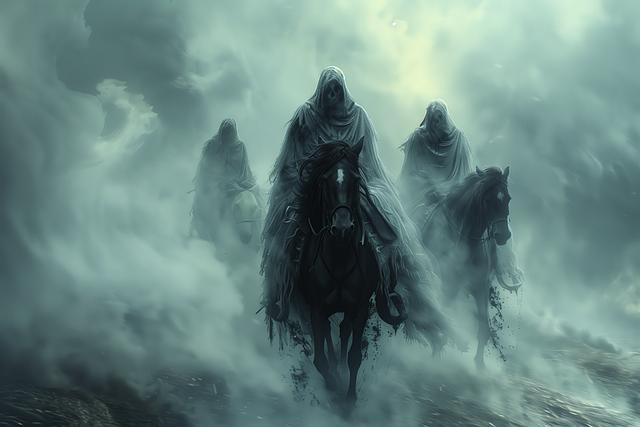How do mythological heroes compare to modern fantasy protagonists?
The Influence of Mythology on Modern Fantasy Novels
In the realm of storytelling, few genres captivate the imagination as powerfully as fantasy. However, what many readers may not realize is the considerable influence that ancient mythology has on modern fantasy novels. From epic quests to mythical creatures, the threads of mythology are deeply woven into the fabric of today’s fantasy literature. In this article, we’ll delve into the profound connection between mythology and modern fantasy, exploring how classic tales inspire contemporary authors.
Introduction to Mythology’s Role in Fantasy Literature
Mythology serves as the bedrock of culture, providing a rich source of inspiration for writers. By tapping into universal themes and archetypes, mythology lends depth and familiarity to fantasy novels. This marriage of old myths with new narratives creates a potent blend that resonates with readers around the world.
Historical Influences: Mythology in Classic Literature
Before we explore modern fantasy, it’s essential to understand how mythology influenced classic literature. From Homer’s Iliad to Virgil’s Aeneid, ancient texts have long featured gods, heroes, and legendary adventures. These archetypal stories laid the groundwork for future literary works, including contemporary fantasy novels.
Examples of Mythological Influence
- J.R.R. Tolkien’s The Lord of the Rings draws heavily from Norse and Celtic mythology.
- Rick Riordan’s Percy Jackson series is steeped in Greek mythology.
- Neil Gaiman’s American Gods blends a myriad of mythological characters from various cultures.
The Benefits of Integrating Mythology in Fantasy Novels
Integrating mythology in fantasy novels offers several benefits:
- Rich World-Building: Mythology provides a framework for creating complex, immersive worlds.
- Universal Themes: Recurring themes like good vs. evil, heroism, and destiny resonate universally.
- Depth of Characters: Mythological archetypes can add depth and relatability to characters.
Practical Tips for Authors
For aspiring authors looking to incorporate mythology into their work, consider the following tips:
- Research Extensively: Understand the myths you wish to adapt to ensure authenticity.
- Modernize Creatively: While staying true to the core elements, don’t be afraid to add a modern twist.
- Blend Cultures: Combining different mythologies can result in a unique and rich narrative tapestry.
Real-Life Case Studies
Let’s take a closer look at some contemporary authors who have effectively woven mythology into their fantasy novels:
| Author | Novel | Mythological Inspiration |
|---|---|---|
| J.K. Rowling | Harry Potter Series | Various myths, including Greek, Norse, and Arthurian legends. |
| Madeline Miller | Circe | Greek Mythology |
| George R.R. Martin | A Song of Ice and Fire | Elements of Norse and Celtic mythology. |
First-Hand Experiences from Authors
Authors often draw from personal experience when incorporating mythology into their work. For instance, J.R.R. Tolkien, a scholar of ancient literature, infused his knowledge of Anglo-Saxon and Norse myths into his world-building. Similarly, Neil Gaiman’s fascination with mythology is evident in his comprehensive and innovative storytelling in American Gods.
Conclusion
The influence of mythology on modern fantasy novels is both profound and far-reaching. By weaving together ancient myths with new narratives, contemporary authors create compelling stories that capture the imagination of readers worldwide. Whether you’re a writer looking for inspiration or a reader eager to understand the roots of your favorite fantasy novels, the impact of mythology is undeniable. Embracing these timeless tales enriches the world of fantasy literature, making it more immersive and resonant.
Have you noticed mythological elements in your favorite fantasy novels? Share your thoughts in the comments below!
